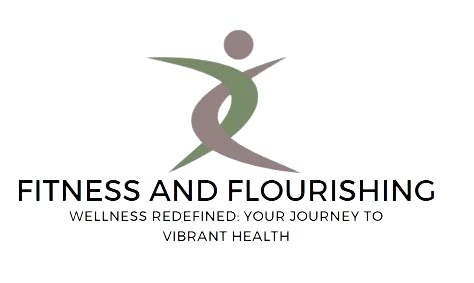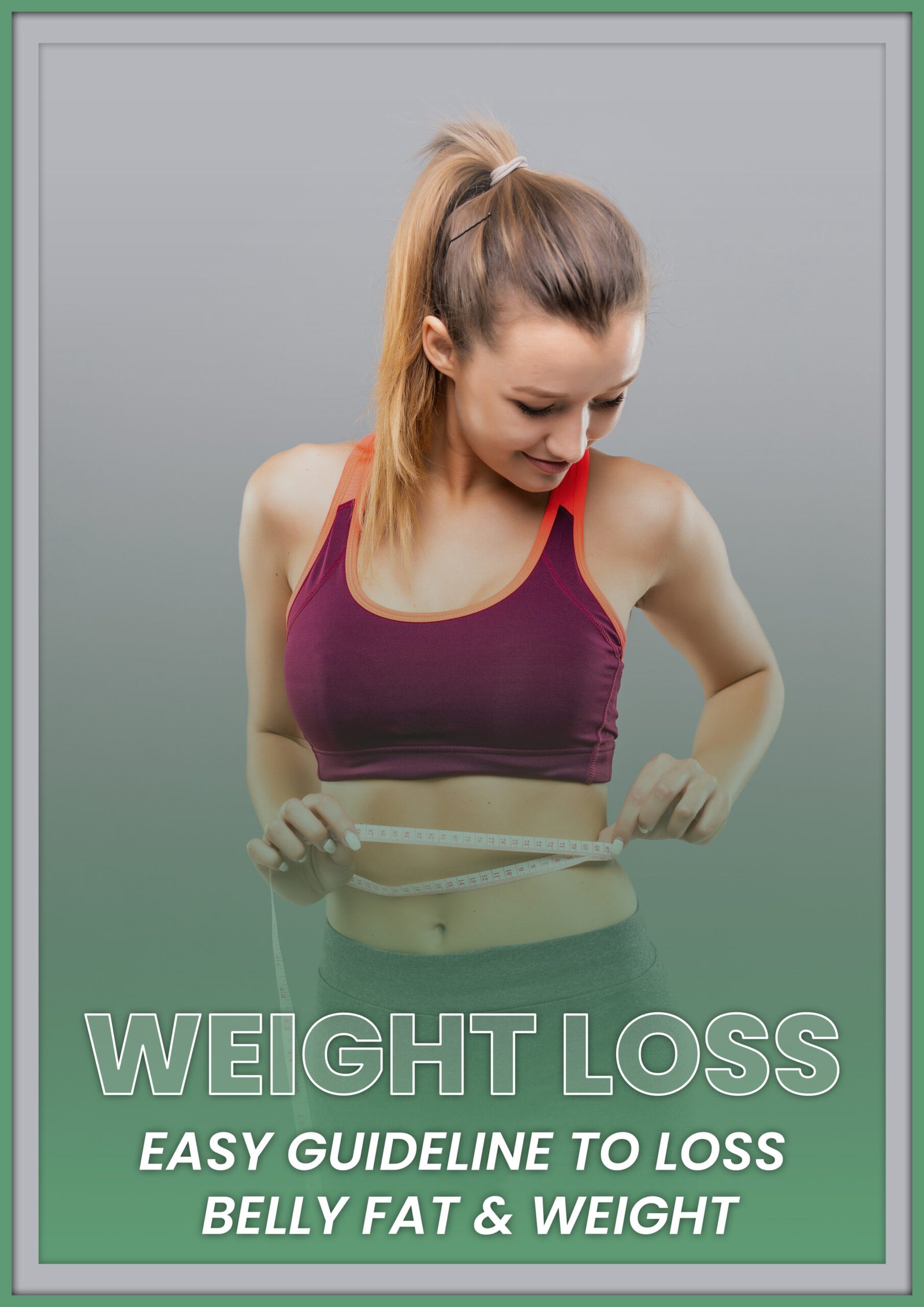The period after childbirth, known as the postpartum period, is crucial for both the mother and the baby. Proper after birth health care ensures a smooth recovery for the mother and supports the healthy development of the child. This guide will cover essential tips for taking care of both mother and child during this important time.
Postpartum Care for the Mother
Rest and Recovery After Birth
After giving birth, a mother’s body needs time to heal. Rest is essential. It’s important to sleep whenever the baby sleeps and to avoid overexertion. This will help the body recover and regain strength.
Nutrition
A balanced diet is crucial for a mother’s recovery. Eating a variety of nutrient-rich foods can aid in healing and provide energy. Focus on foods high in protein, vitamins, and minerals. Hydration is also key, especially for breastfeeding mothers.
Breastfeeding Support
Breastfeeding can be challenging initially. Seeking support from a lactation consultant can make the process easier. Breastfeeding provides essential nutrients for the baby and helps the mother’s body return to its pre-pregnancy state faster.
Emotional Well-being
Postpartum depression and anxiety are common. It’s important to talk about feelings and seek support from family, friends, or a healthcare provider if needed. Mental health is as important as physical health during this period.
Infant Care
Feeding the Baby
Newborns need to be fed frequently. Whether breastfeeding or formula-feeding, it’s important to ensure the baby is getting enough nutrition. Monitor the baby’s weight gain and growth to ensure they are feeding well.
Sleep Patterns
Newborns sleep a lot, but not for long stretches. Understanding and adapting to the baby’s sleep patterns can help parents get rest too. Creating a safe sleep environment is crucial to prevent sudden infant death syndrome (SIDS).
Diapering and Hygiene
Frequent diaper changes are necessary to keep the baby clean and prevent diaper rash. Using gentle wipes and creams can help protect the baby’s sensitive skin. Regular baths and proper hygiene are also important.
Bonding and Development
Bonding with the baby through skin-to-skin contact, talking, and cuddling is important for emotional and cognitive development. Engaging in gentle play and activities can stimulate the baby’s senses and promote growth.
Health Checkups
Postnatal Visits for the Mother
Regular checkups with a healthcare provider are important for monitoring the mother’s recovery. These visits can help detect and address any complications early on. It’s also a good time to discuss any concerns about physical or mental health.
Pediatric Visits for the Baby
The baby will have several checkups in the first year to monitor growth and development. These visits include vaccinations, which are crucial for protecting the baby from serious illnesses. The pediatrician can also provide guidance on feeding, sleeping, and general care.
Physical Activity
Gentle Exercises
After getting the green light from a healthcare provider, engaging in gentle exercises can help the mother regain strength and improve mood. Walking, stretching, and light yoga can be beneficial. It’s important to avoid strenuous activities until fully healed.
Support System
Family and Friends
Having a support system is invaluable. Family and friends can help with household chores, cooking, and taking care of the baby. Don’t hesitate to ask for help when needed.
Parenting Groups
Joining parenting groups can provide support and share experiences with others going through similar stages. It can also be a source of valuable advice and encouragement.
Breastfeeding Benefits
For the Baby
Breast milk contains antibodies that help protect the baby from infections. It also provides the perfect balance of nutrients for growth and development. Breastfeeding can reduce the risk of allergies, asthma, and obesity in children.
For the Mother
Breastfeeding helps the uterus contract and return to its pre-pregnancy size. It can also reduce the risk of certain cancers and help with weight loss. The act of breastfeeding releases hormones that promote bonding and relaxation.
Signs to Watch For
For the Mother
Monitor for signs of postpartum complications such as excessive bleeding, fever, severe pain, or signs of depression. Seek medical help immediately if any of these symptoms occur.
For the Baby
Watch for signs of illness such as fever, difficulty feeding, lethargy, or unusual crying. Regular pediatric visits are essential for early detection of any health issues.
Importance of Self-Care
Mental Health
Taking time for self-care is crucial for the mother’s mental health. Engaging in relaxing activities, taking breaks, and talking about feelings can help manage stress and prevent burnout.
Physical Health
Incorporating gentle physical activities, eating a balanced diet, and getting enough rest can support overall health and well-being.
Conclusion
The postpartum period is a time of adjustment and healing for both the mother and the baby. Prioritizing after-birth health care is essential for a smooth recovery and healthy development. By focusing on rest, nutrition, emotional support, and regular checkups, mothers and babies can thrive during this crucial time. Remember to seek support when needed and take things one step at a time.


